
A protein for an active and healthy lifestyle
What is collagen?
Collagen is a protein. It gives our bodies the structure, strength and flexibility we need to move through our daily lives. It enables us to travel, move freely, jump or fall without hurting ourselves. It protects and connects our body parts, so we don’t fall apart. Collagen is the most important and abundant protein in our bodies.
Quick facts

Collagen makes up 75% of our skin and
- Provides its structure and support,
- Maintains its elasticity,
- Hydrates it by attracting hyaluronic acid.
As we age, the balance between the synthesis and breakdown of collagen gets disturbed. This means that both the quantity and quality of collagen go down. Your skin becomes thinner, dehydrated and loses its structure.
The result: visible signs of aging, like wrinkles, sagging and dullness.
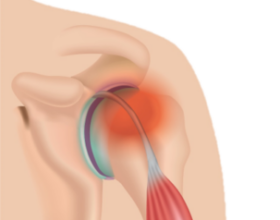
Collagen makes up 85% of our tendons where it maintains structure and strength. Tendons connect muscles to bones and are essential for muscle contraction.
As we age, collagen loss means a gradual reduction in the connective tissue that bundles muscle fibers into a strong and functioning muscle.
The result: decreased muscle strength and function, which affects balance, gait, and overall mobility.
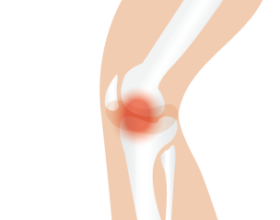
Collagen fibers are responsible for the structure and strength of our cartilage. They help reduce impact on joints when we run and jump, while making sure your bones do not scrape against each other.
As we age, collagen depletion leads to the wear and tear of joint cartilage.
The result: joint discomfort, affecting overall mobility.
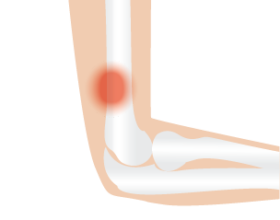
Our bones (organic bone mass) consist of 90% collagen. Collagen provides them with strength, structure and flexibility. It also provides the structural framework to anchor calcium and other minerals that are important for bone strength.
As we age, the decrease of collagen levels and mineral content means our bones get weaker.
The result: bones become more fragile and more prone to fractures leading to higher risk of injuries.
Why collagen?
Collagen occurs naturally in the human body, but as we age the body’s ability to replenish collagen decreases. This is where collagen supplementation can help contribute to overall wellbeing and an active lifestyle.
The difference between native collagen and collagen peptides
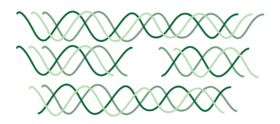
- Consists of a large triple helix structures of three long strands wrapped around each other to form lengthy fibers. Either densely packed to provide strength (in bones) or looser to add elasticity (in skin)
- Non-soluble
Applications
Native collagen is used in both the food industry (collagen casings) and in the biomedical sector (medical materials, and sponges for burns and wounds)

- Partially hydrolyzed collagen extracted from collagen-rich raw materials
- Soluble in warm water
- Jellifies when cooled
Applications
Gelatin is a very versatile product used widely in the food and pharma industries. Examples include gummies, candies and culinary applications in the food industry, and capsules for medicines in pharma.
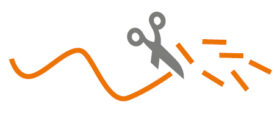
- Also known as hydrolyzed collagen.
- Made by breaking down long chains of amino acids using enzymes, turning them into very short strands called peptides
- Soluble even in cold water
- Digested and absorbed in the blood stream
Applications
Collagen peptides are used in dietary supplements and functional foods and beverages
Why do we hydrolyze collagen?
Collagen peptides, or hydrolyzed collagen are the result of breaking down collagen by means of an enzyme. The enzyme cuts the large collagen molecule into small fragments (peptides) that our bodies can easily digest and efficiently absorb. As shown in scientific studies, collagen peptides offer:
- High bioavailability, meaning that the peptides are efficiently taken up in the bloodstream and transported to the target body tissues
- High bioactivity, stimulating the synthesis and reorganization of new collagen fibers in several tissues
Peptan is easy to fit into your lifestyle
Peptan in its original powder form is easy to use and a perfect solution, if you are looking for convenient and easily consumed formats you can integrate in your daily routines.
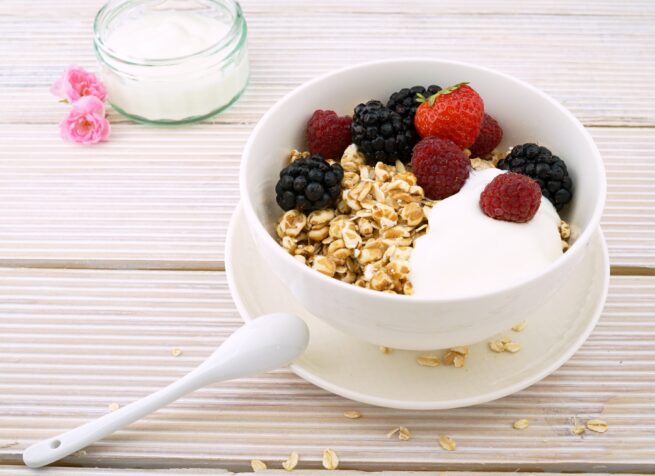
Why collagen peptides supplementation
Medical intervention and cosmetic surgery can reverse or delay some of the effects of aging, however they are often short-term, invasive and not without side effects. Dietary supplements and functional foods and beverages containing bioactive ingredients such as collagen peptides are developed to support a healthy lifestyle and help attenuate the effects of aging, in ways strongly backed by science.
Collagen supplementation supports skin and hair beauty and can be a holistic solution for health and wellness.